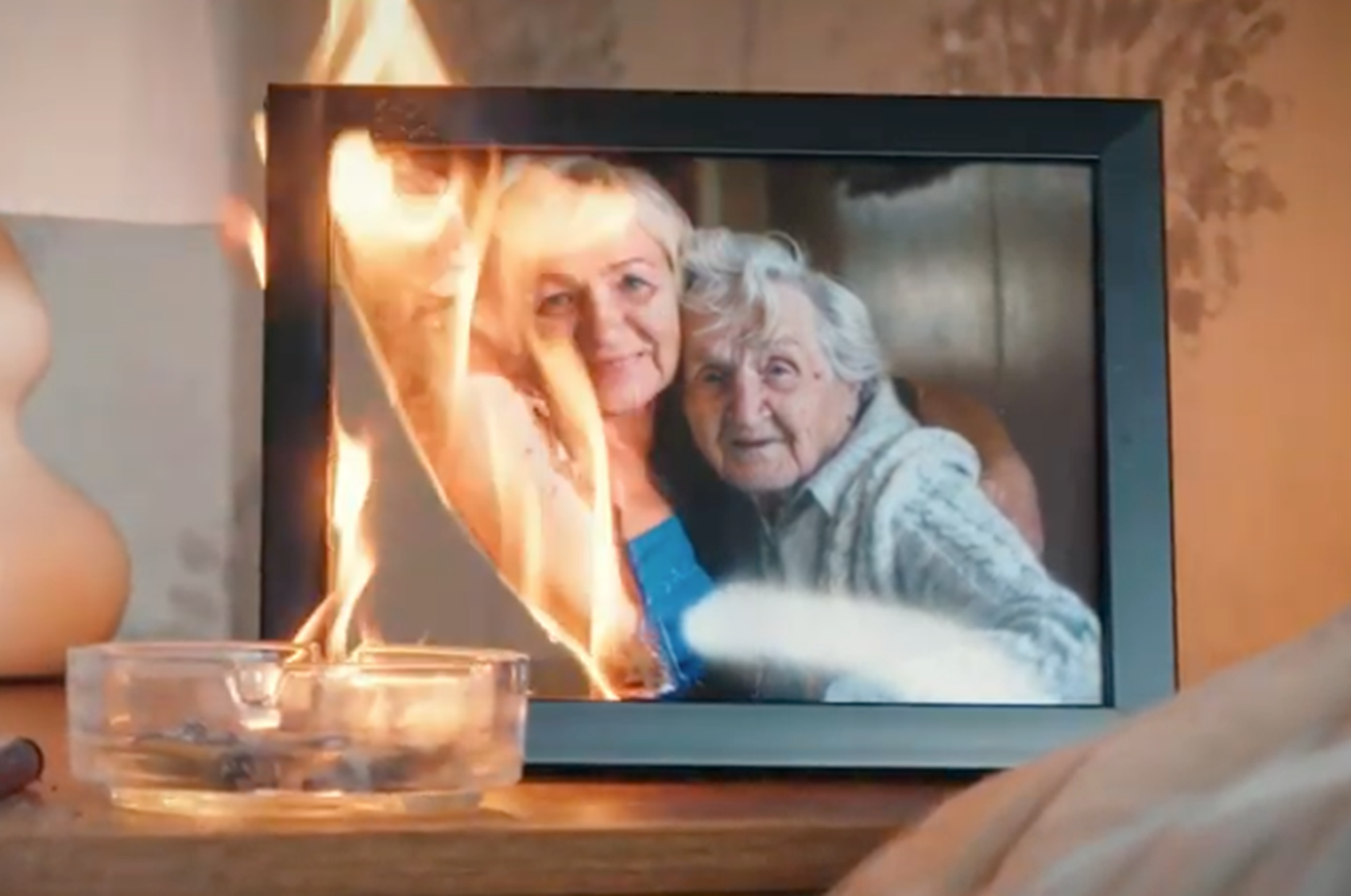Be part of the solution and make a difference
Safe use of emollients
Skin creams, sometimes known as emollients are used by many people every day to help manage different dry skin conditions such as eczema, psoriasis and ichthyosis.
The creams are easily transferred from skin onto clothing, bedding and bandages. Tests and research have shown that the dried-on cream makes the fabric more flammable and the resulting fire burns quickly and intensely, resulting in serious injury or death.
It’s important for anyone using these creams to avoid any naked flame.
If you use an emollient or skin cream to treat a dry skin condition, please follow this advice.
Avoid smoking
Do not smoke, use naked flames or get near to anything which may cause a fire whilst wearing clothing or a bandage that has been in contact with skin creams.
If this is not possible, you must take steps to ensure you are safe when you smoke or use naked flames. For example, by using a flameless lighter or e-cigarette, and removing long sleeved or baggy clothing before using a gas hob.
Change and wash clothes and bedding
Change and wash your clothes and bedding frequently to reduce the build-up of skin cream. However, remember that whilst washing your clothing and bedding even at high temperatures might reduce the build-up, it does not remove it completely and the danger may remain.
Keep cream off furniture
Be careful to make sure the skin cream does not get onto the fabric of armchairs or other furniture, cushions and blankets. Be aware that the cream can transfer from your skin onto the fabric of furniture when you are sitting or lying on it.
Tell relatives and carers
Tell your relatives or carers about your treatment and ask how they can help you to reduce the risk.
Tell your healthcare professional
Tell your doctor, nurse or pharmacist if you normally smoke. They will be able to offer you help and advice to stop smoking.
Further advice and resources
For advice and guidance to help minimise the risk when using emollients, talk to your local Fire and Rescue Service.
For access to further resources for the campaign click here.
Source:
MHRA
29 July 2020

